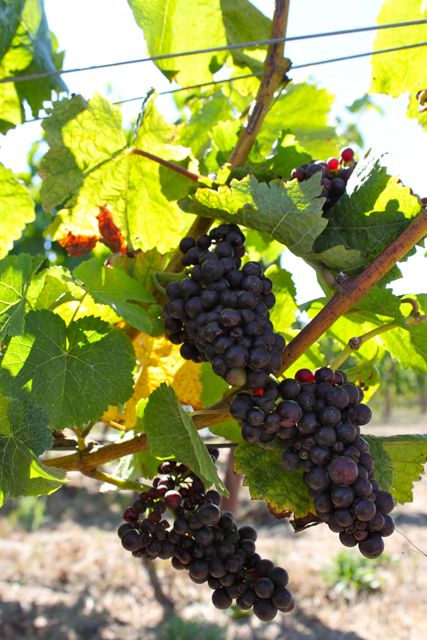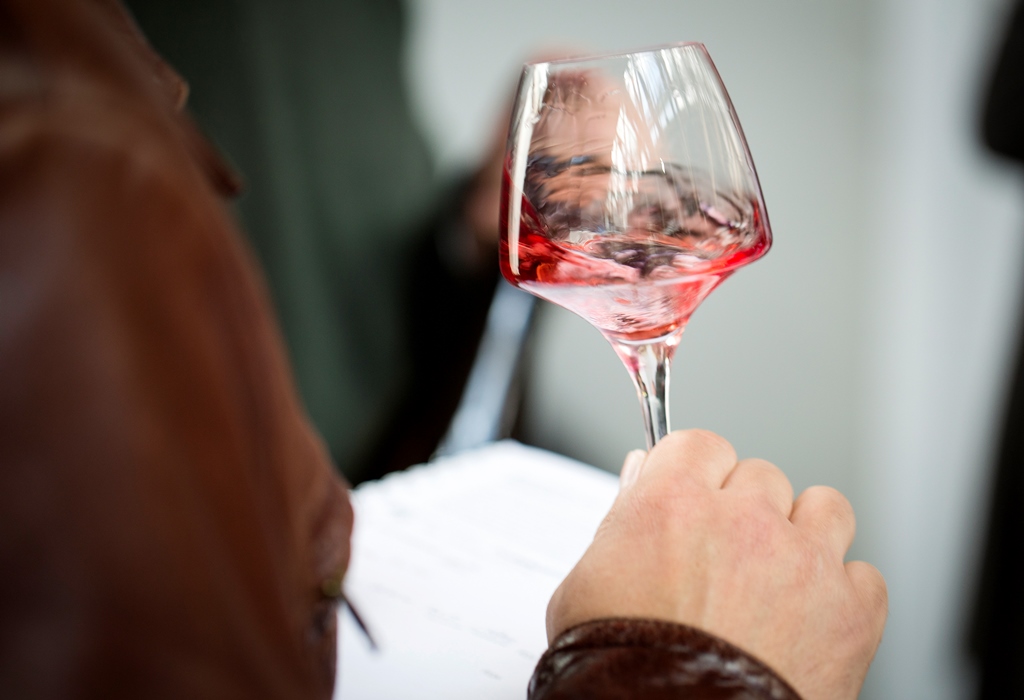
From Ode to Wine – Pablo Neruda
Day-coloured wine,
night-coloured wine,
wine with purple feet
or wine with topaz blood,
wine,
starry child
of earth,
wine, smooth
as a golden sword,
soft
as lascivious velvet,
wine, spiral-seashelled
and full of wonder,
amorous,
marine;
never has one goblet contained you,
one song, one man,
you are choral, gregarious,
at the least, you must be shared.
At times
you feed on mortal
memories;
your wave carries us
from tomb to tomb,
stonecutter of icy sepulchres,
and we weep
transitory tears;
your
glorious
spring dress
is different,
blood rises through the shoots,
wind incites the day,
nothing is left
of your immutable soul.
Wine
stirs the spring, happiness
bursts through the earth like a plant,
walls crumble,
and rocky cliffs,
chasms close,
as song is born.
A jug of wine, and thou beside me
in the wilderness.
sang the ancient poet.
Let the wine pitcher
add to the kiss of love its own.
The grape juice glints in your glass; it seems to hold the light and reflect it back. It looks appealing, dense with sensuous possibility yet transparent in appearance. You nuzzle it, allow it to glide and roll across your tongue. As you sniff, savour and swallow, flowers, fruit, stones, words come tumbling out of the glass, associations crowd into your mind, memories are liberated, synaesthetic sensations are conjured – morphing together colours, solid shapes, even fluid sounds. The juice is an extraordinary catalyst, communicating a transformative sense of its own singularity through your enhanced receptivity and creative imagination.
Context provides further stimulus. You may be alone, or with family or friends, sharing your love for the wine. Wine may be in the foreground as the object of our rapt attention, or it can be the scarcely-noticed gentle lubricant of discourse and enjoyment. You may be in a house or farm, in a wine bar or restaurant, on the slopes of a mountain or the banks of a river…

From Drinking Alone Under the Moon – Li Bai
Amongst the flowers I
am alone with my pot of wine
drinking by myself; then lifting
my cup I asked the moon
to drink with me, its reflection
and mine in the wine cup, just
the three of us; then I sigh
for the moon cannot drink,
and my shadow goes emptily along
with me never saying a word;
with no other friends here, I can
but use these two for company;
in the time of happiness, I
too must be happy with all
around me; I sit and sing
and it is as if the moon
accompanies me; then if I
dance, it is my shadow that
dances along with me; while
still not drunk, I am glad
to make the moon and my shadow
into friends, but then when
I have drunk too much, we
all part; yet these are
friends I can always count on
these who have no emotion
whatsoever; I hope that one day
we three will meet again,
deep in the Milky Way.
Whether it is the contemplative poetry of Li Bai or the fiercely erotic effusions of Pablo Neruda, wine shows its power to draw out strong words and powerful feelings. We are the destination of the wine’s journey. Not just at the moment of consumption, but the point where all that makes the wine what it is fuses with our personal response to it, transforming the potential of the wine into pure pleasure, judgement, emotion…
That which makes wine so special, more than just fermented grape juice.
Despite this, the majority of present-day wine writing seems to be more a functional exercise in recommending specific wines with the minimum of context, less about feeling and communication of experience and more about objectifying taste and ascribing measurable values. Writers are invoking wine not as fascinating living liquid, but as a product with a strictly commercial purpose, one to be made equally relevant either to as wide an audience as possible, or the average consumer (whomsoever that average person might be).
It is one thing to uncouple wine from personal experience, another to pronounce about the product without telling the real story.
To understand a wine, we need to follow its journey back into the vines themselves, and then even dig even deeper. Wine, after all, is the aggregate of geography, geology, morphology and climate on the one hand, and history, culture, language, farming and gastronomy on the other. Encoded within the wine is the past, present and future; it is the accumulation of many stories, processes and transformations – and possibilities.

Wine can be appreciated by individuals in a variety of ways, but some wines resists easy categorisation. This kind of wine is often all too quickly dismissed, because wine writers may not feel that it is worth the sacrificing column inches poring over the subtleties of something that may be of little or no interest to the majority of their readers. I have heard some writers talking about “my readers” as if the readership determines the content of what they write. They feel obliged to write for this common denominator of taste (whatever that might be) and the result may be anodyne: writings that neither offend opinion, nor provoke thought. Wine writers are not supposed to be objective oracles; if you deny your real preferences then what is the point in having opinions?
This is not so much a failure of the writers as a failure of a wider (lack of) culture. Firstly, magazines and newspapers don’t want to offend advertisers, the big brands, generic and governing wine bodies. And so, the vast majority of stories will never challenge the status quo. Secondly, there are editorial constraints that demand that writers decant a quart of knowledge into a thimble. Wine writing is trapped by its narrow remit– the same wines, the same stories (or lack of them), the same opinions, the same lack of in-depth engagement, the same lack of quality in writing. Thirdly, there is the mistaken belief that when you write interestingly about interesting wines that you are somehow being elitist, snobbish even, because most people don’t think wine is that interesting, let alone magical and provocative.
Does it matter than the overall standard of wine writing is not so very interesting? Yes, for if writing reads like contractual obligation, then not many souls will be stirred. I feel that too many columnists see themselves as responsible of opening the elementary school gateway to wine knowledge rather than taking their readers on a dazzling climb to loftier pleasures. Meanwhile, there are the bloggers who are doin’ it for themselves, and several of whom are worth reading for their humour, authoritativeness and capacity for animating the wine experience. Writing is like risk-taking in general; you can churn it out and stick in the archive, or you can try to write something beautiful, or you can cast intellectual caution to the winds (and be hammered on social media for the rest of your life!). As Charles Lamb once said: “Damn the age, I will write for Antiquity!”

